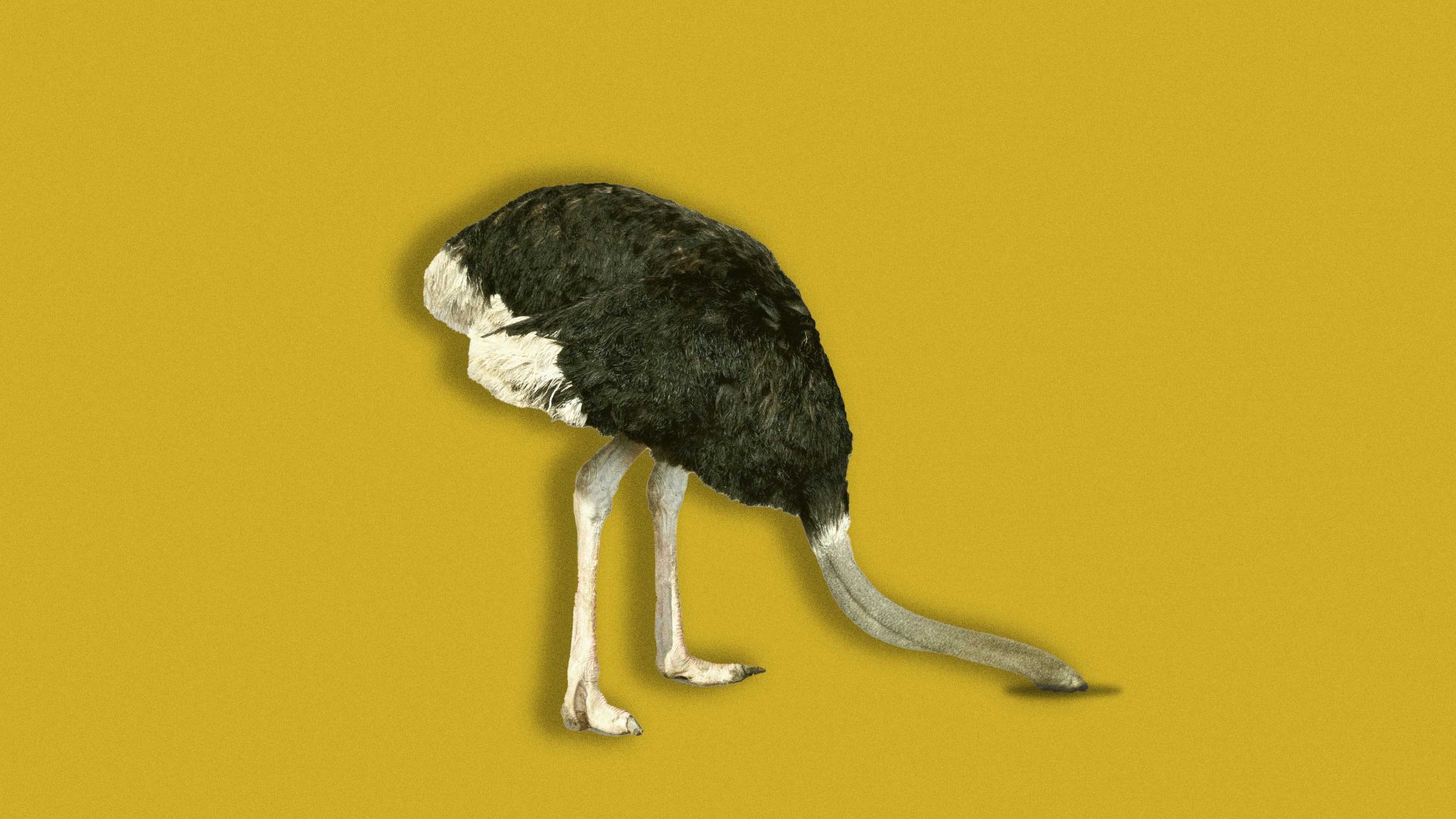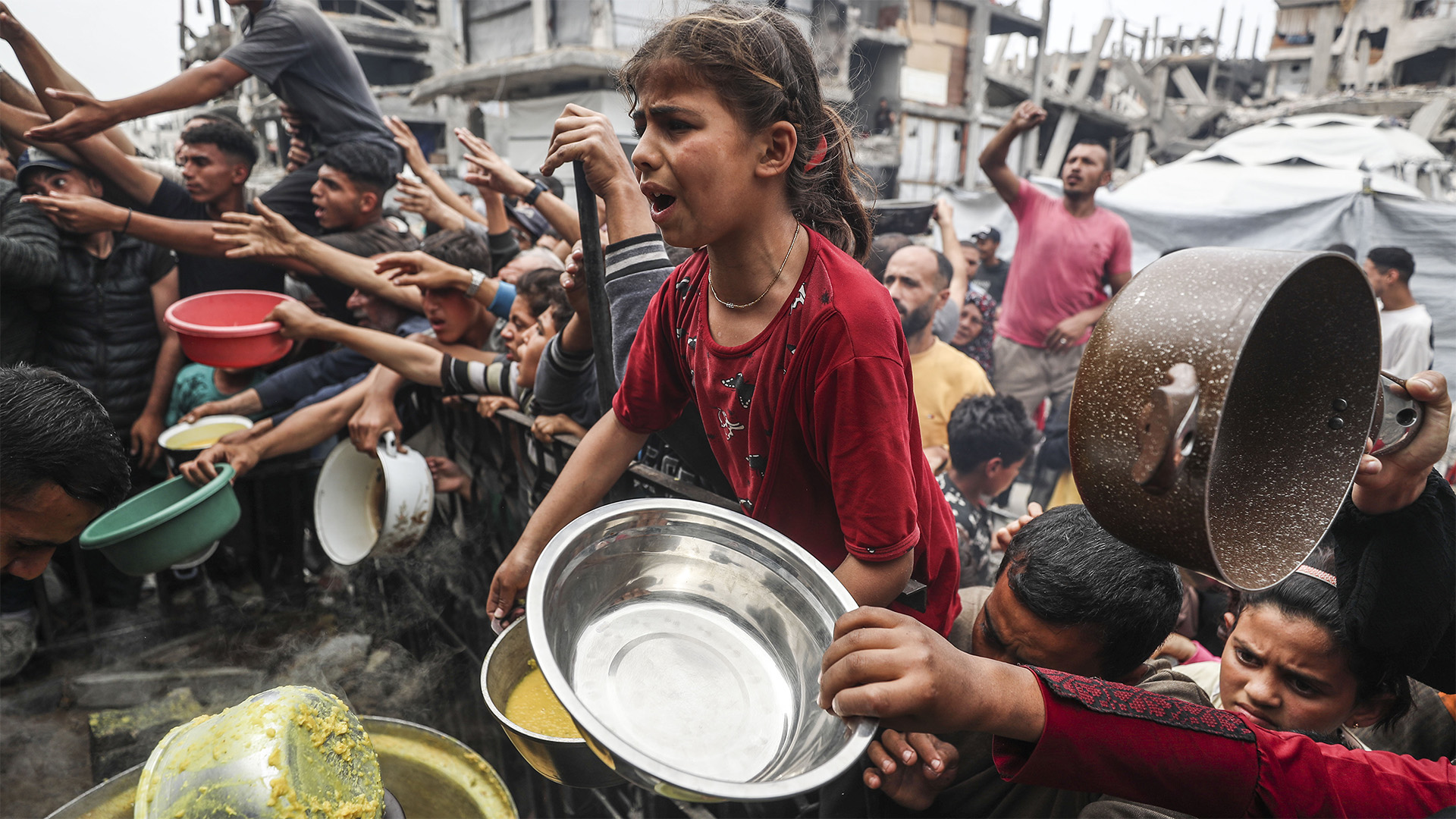Not everything that’s happening is bad. That’s easy to forget. This year seems to be a good one for butterflies, for instance, largely due to a warm and sunny spring. Or at least it’s a very good year for sighting butterflies. It’s too early to say if it’s a good year for the butterflies themselves. That will depend on the weather in late summer and autumn, how climate change affects their food plants and on what farmers and gardeners spray on those plants.
For the first time in over a decade the buddleia bush in my back garden has come alive with red admirals, commas, large whites, and the occasional peacock, basking and opening and closing their wings as they feed on the heavily-scented purple flowers. Still not at the levels of the buddleia bushes I remember from my childhood, though, sadly: then they were covered in small tortoiseshells, a once-common species that is now becoming rare.
On a recent trip to nearby woodland I spotted four purple emperors, perhaps our most revered butterfly, several white admirals, many marbled whites, skippers, gatekeepers, and 10 exquisite freshly hatched green-washed fritillaries. The butterfly hunters were out in large numbers too – and they were hunting their prey with binoculars, and cameras with telephoto and macro lenses rather than with butterfly nets and killing jars: a real mark of progress.
As a child I always thought there was something macabre about grown men (and it was always men) pursuing beautiful insects to gas them, pin them and display their corpses in glass cabinets. Today’s butterfly hunters are a gentler breed, more appreciative of insects in their own habitat, more respectful of the undergrowth, more concerned with ecology.
From the butterflies’ perspective, things might not be so great, though, despite the best efforts of conservationists. Habitat loss, pesticides, pollution, disease, and the disrupting effects of the climate crisis have all played their part in reducing numbers, and over half of the 57 native British butterfly species are in long-term decline. One of the reasons why 2025 might seem such a good butterfly year is because it’s such a contrast with last year, one of the worst on record in the UK. But this year, it feels as if we might be able to turn that decline around. Whether that proves true or not, I’m not alone in finding great joy in watching butterflies – I think of them as miniature abstract paintings.
Suggested Reading


What would Rousseau think of Bezos’s wedding?
So far this column might seem like self-indulgent escapism. Anyone who has followed the news in the last few weeks can’t fail to have been worried about how close we are to a world war, about the plight of children starved and bombed in Palestine, about the continuing atrocities in Ukraine and the new Russian attacks there. Against the background of these and other tragic events, isn’t waxing lyrical about butterflies a form of denial? It could be.
There are many people who refuse to think hard about world news on the grounds that it will upset them. This is one step away from believing that if you ignore bad things they will go away. That kind of wishful thinking is dangerous to us all.
We are paradoxical animals with a genius for finding things out but also have a genius for avoiding finding things out. We hide from the truth, look away. Some people even rationalise their denial in stoic terms, citing the philosopher Epictetus’s injunction to focus on the things you can change and to remain unaffected by those you can’t.
To me that self-conscious and self-cultivated unwillingness to be moved by events outside one’s control (one step away from ignoring them altogether) is tantamount to constructing a character flaw rather than cultivating a virtue. Despite what stoicism might suggest, compassion has value even when the person feeling it has no chance of bringing about change. To be unmoved by knowledge of children being starved is inhumane. It’s better to know about and be disturbed by unfolding events, than to look away and pretend that everything is rosy. That’s part of what it means to be a citizen of the world.
We are in this together and we have some responsibility to find out what’s going on. Those who remain indifferent to world news, who turn their backs on it and just get on with their lives inside a protective bubble of deliberate ignorance, worry me.
But I also believe there should be time to enjoy and celebrate the beauty of a butterfly’s wings.




